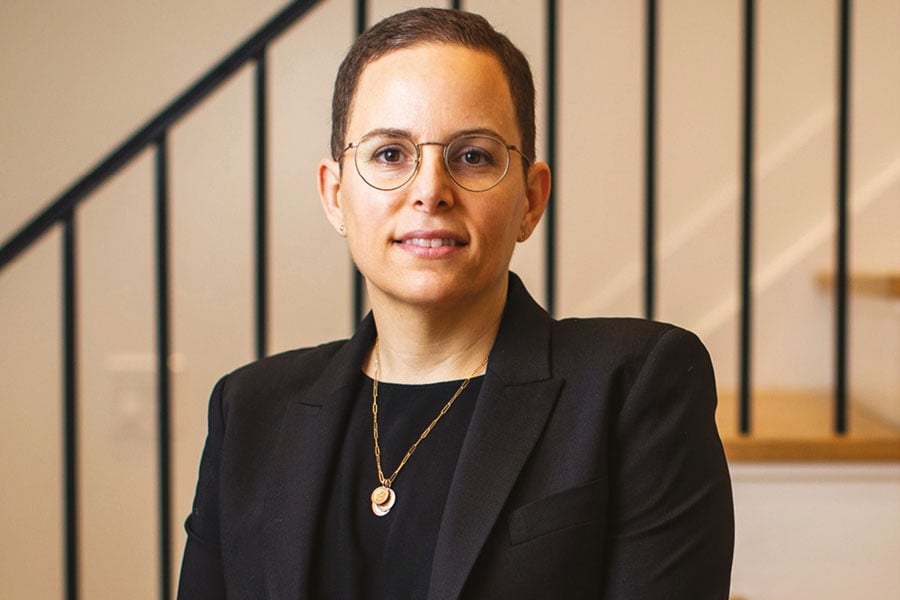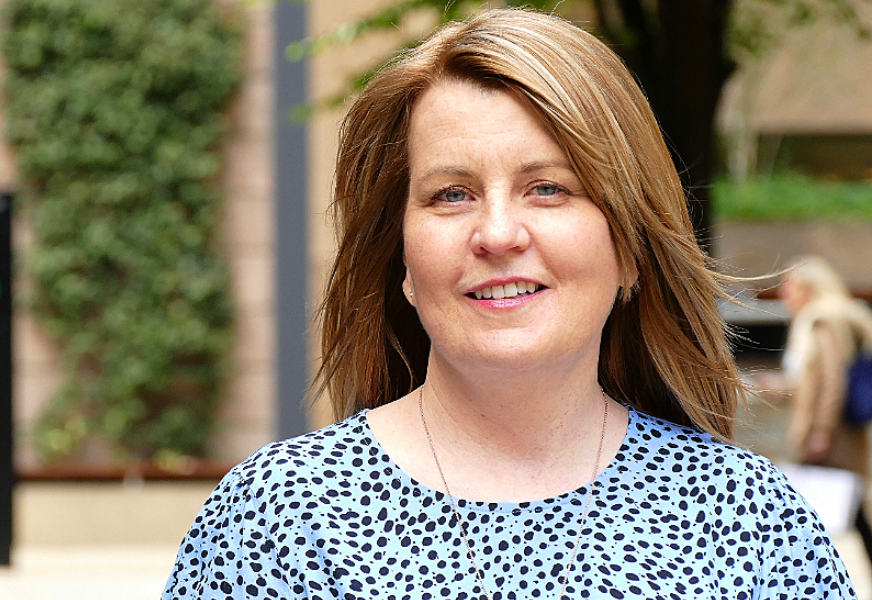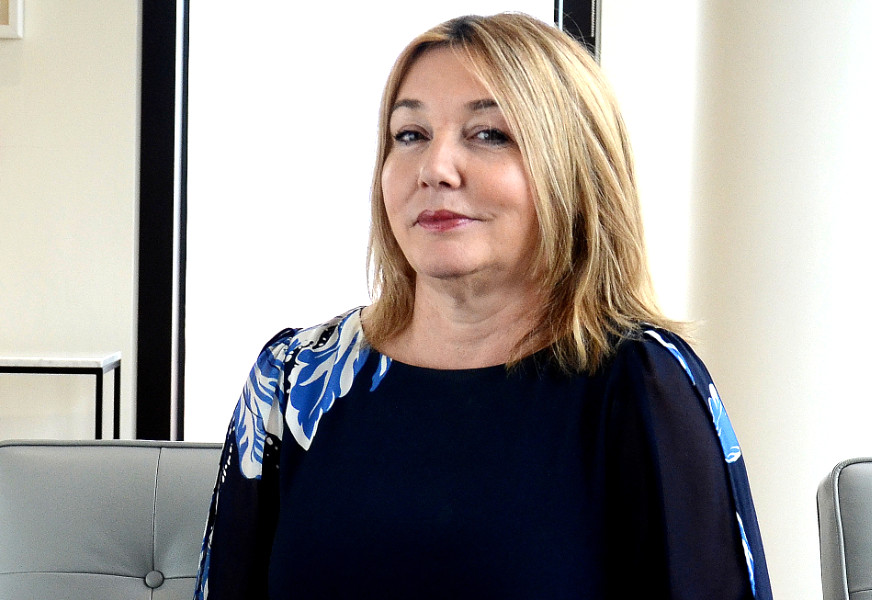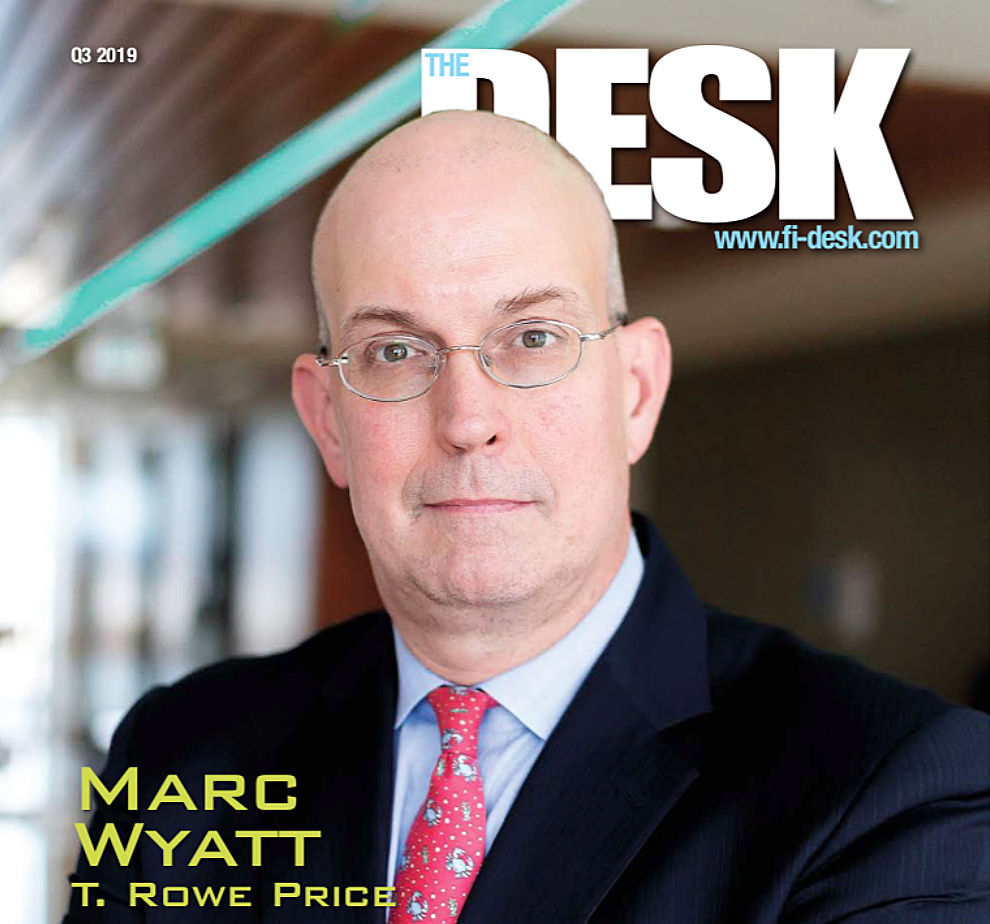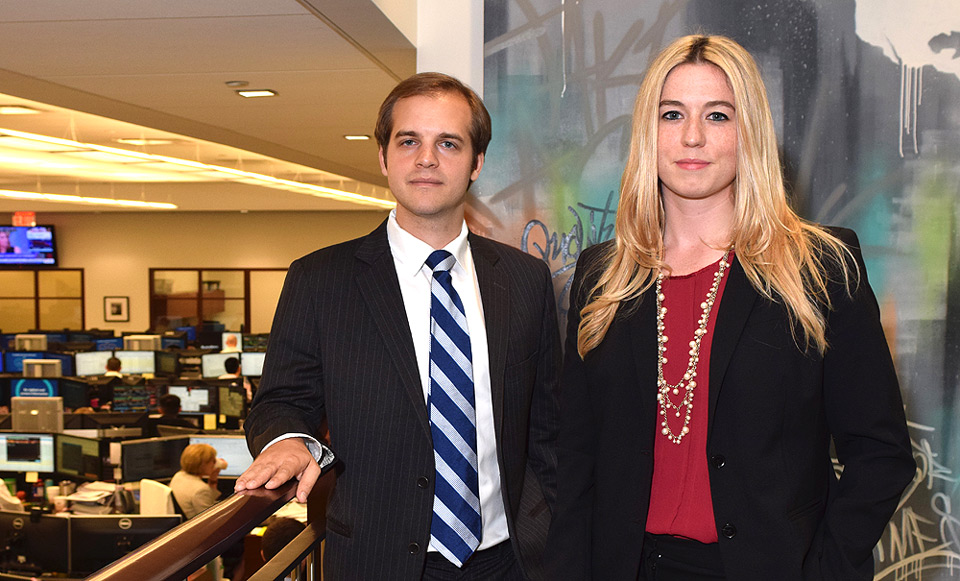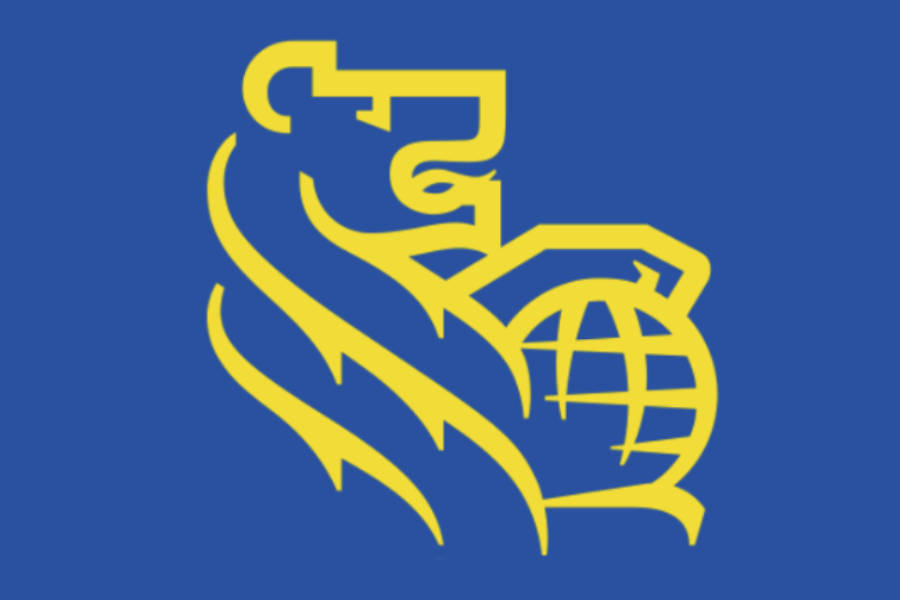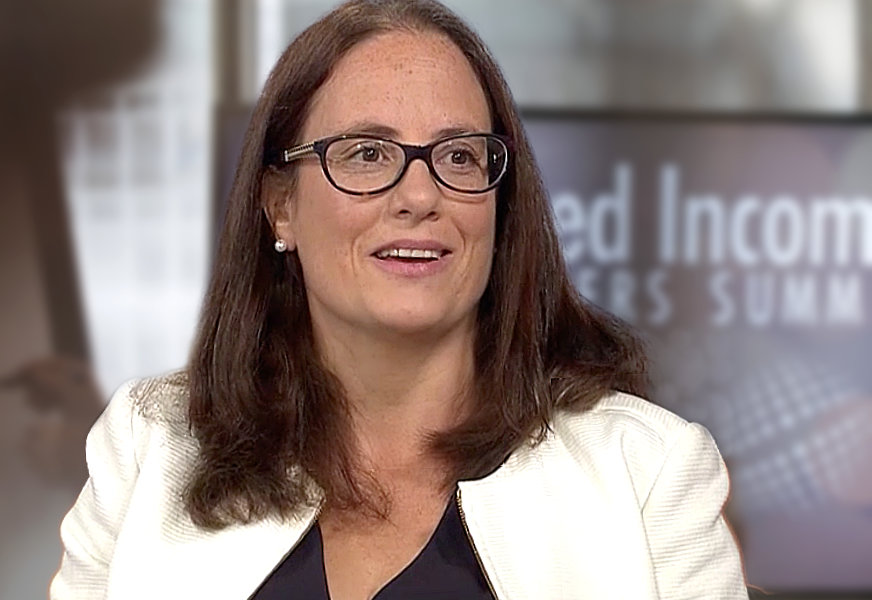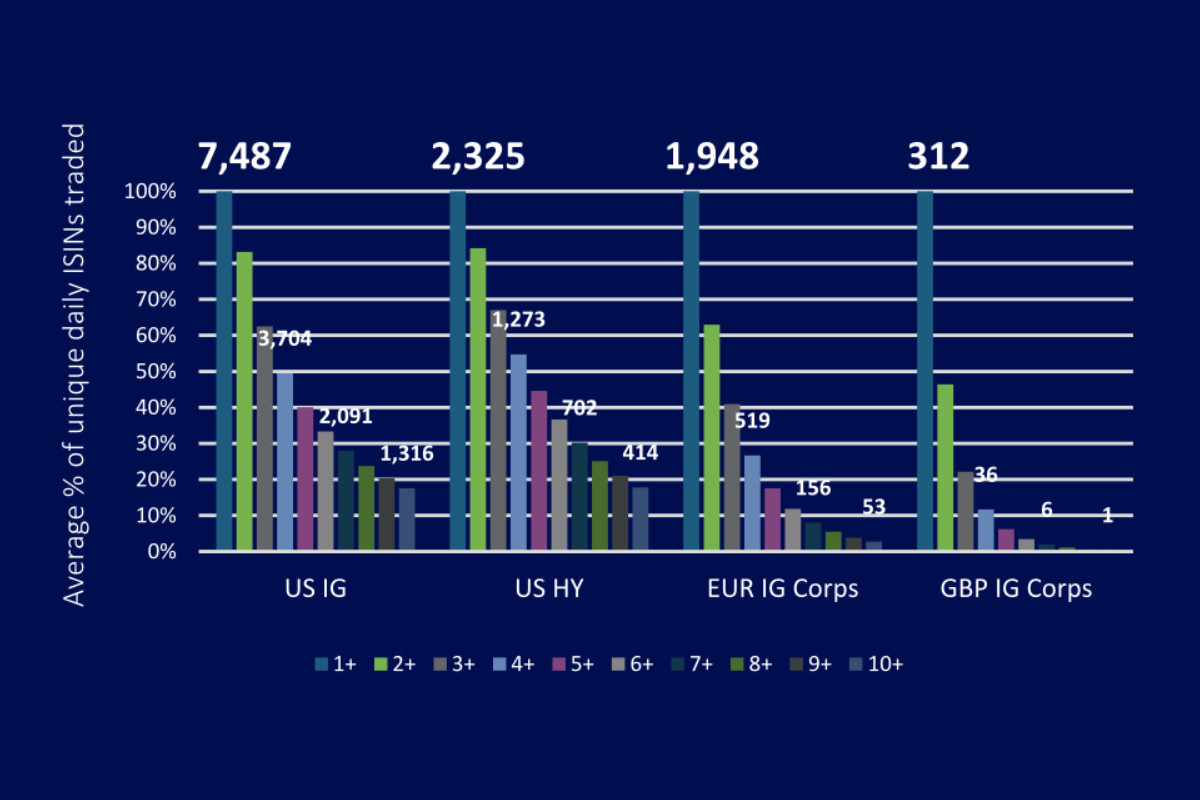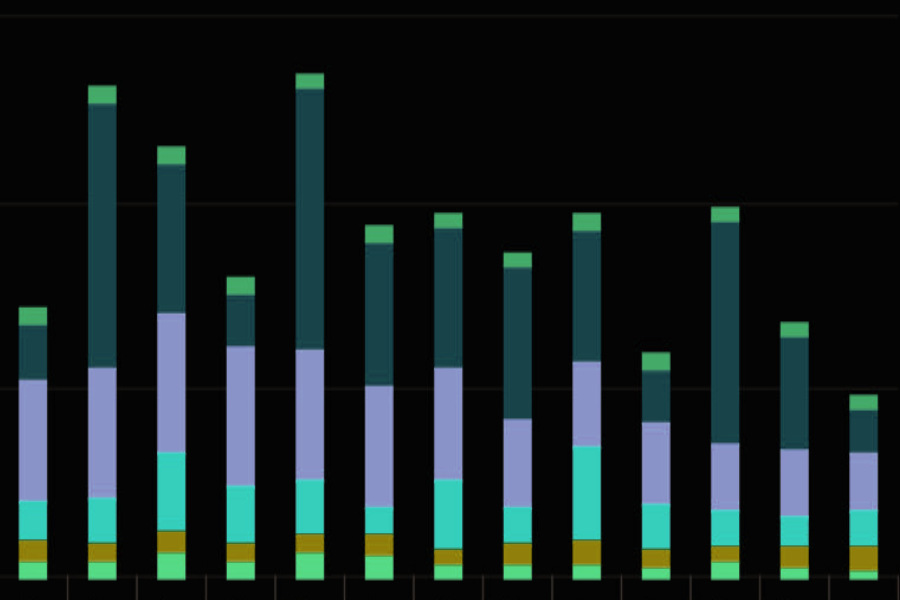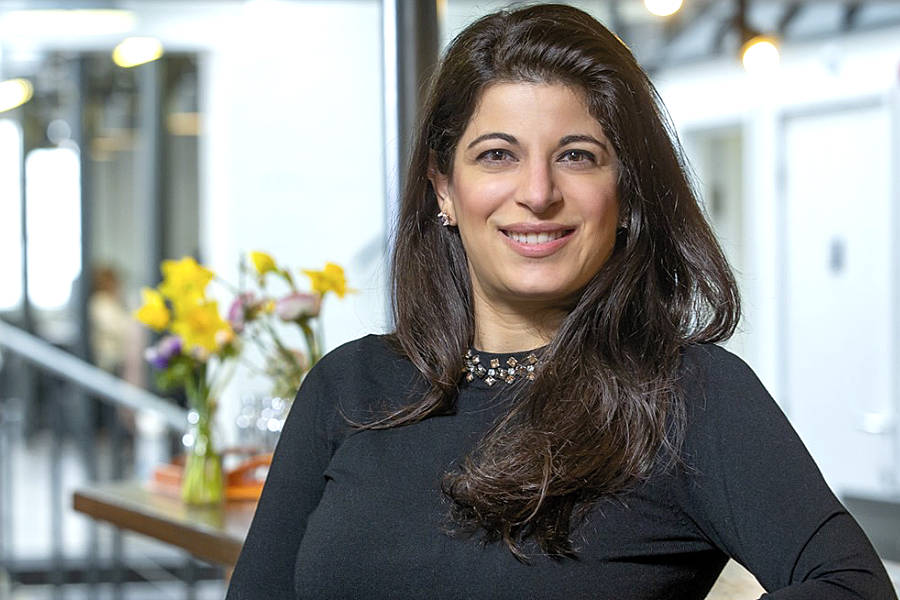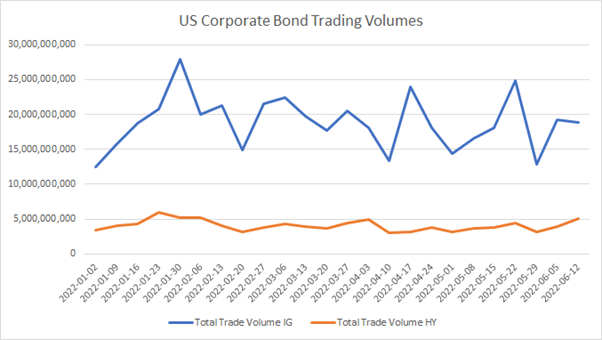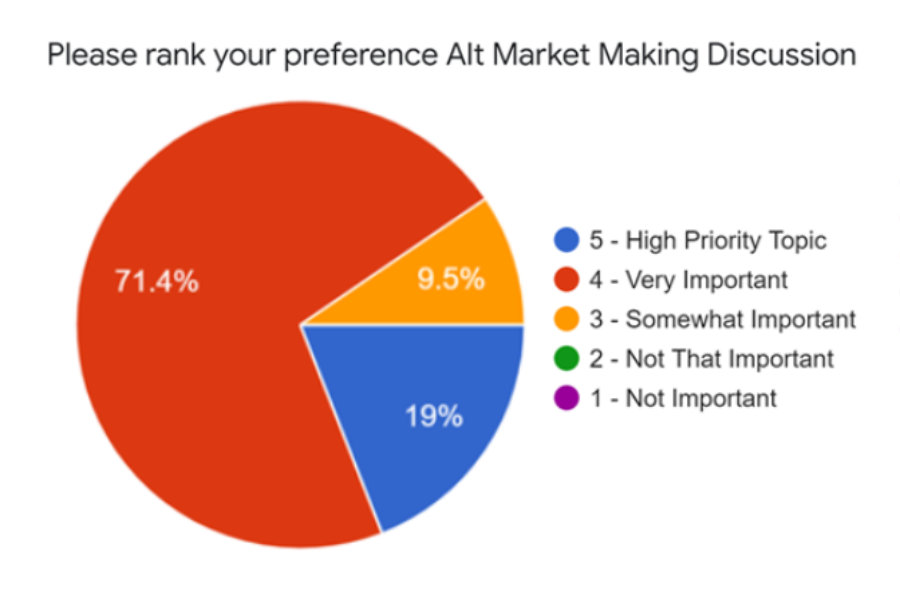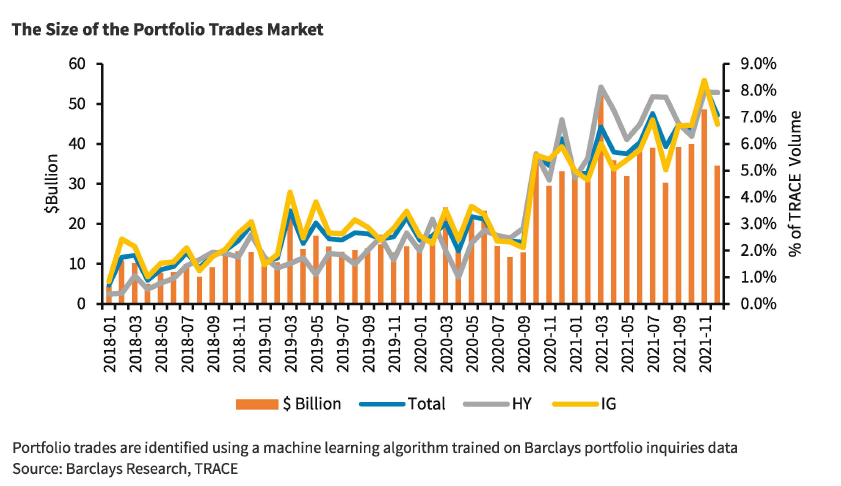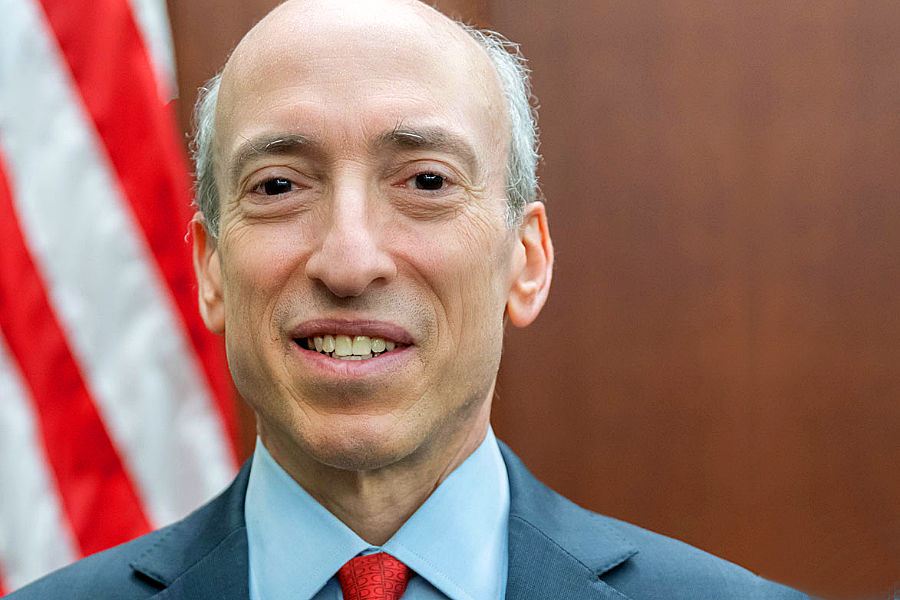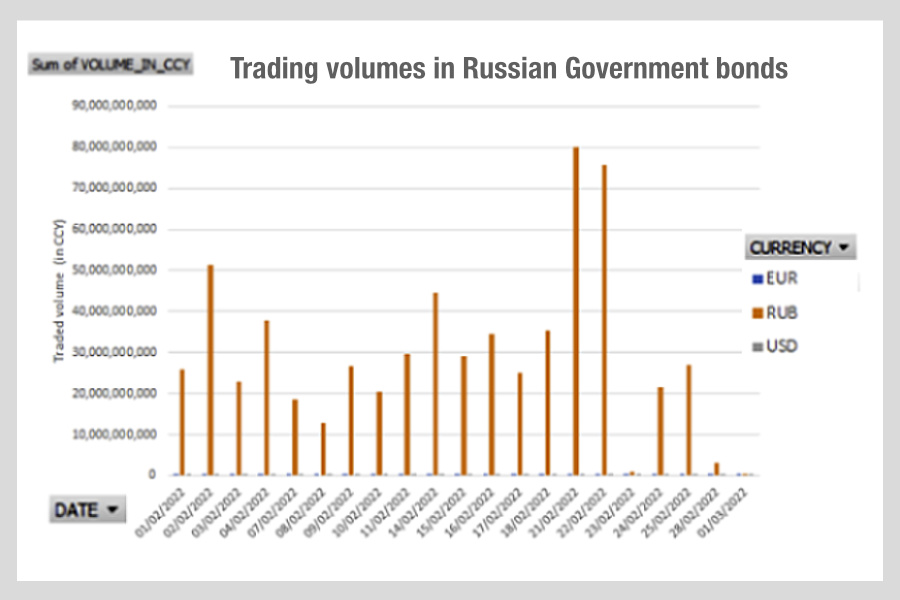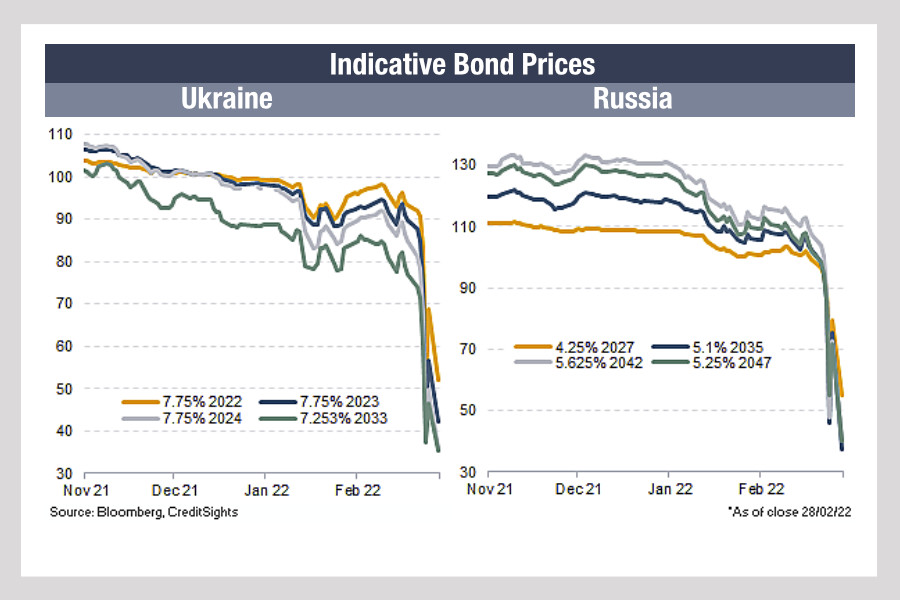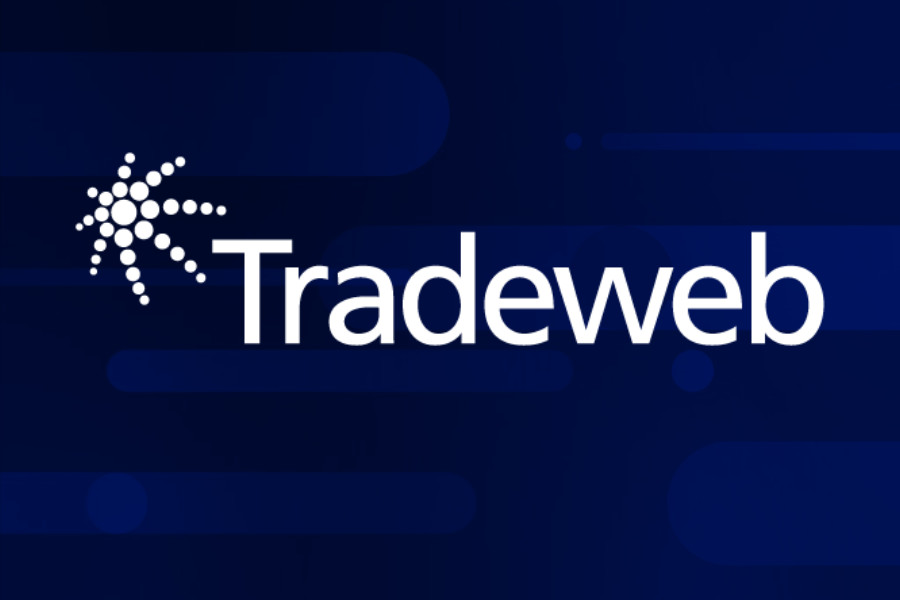 Josh Holden, CIO, OpenDoor Securities
Josh Holden, CIO, OpenDoor Securities
OpenDoor Securities has launched an all-to-all marketplace for on-the-run (OTR) US Treasuries. The anonymous order book will US Treasury venue to offer non-discriminatory pricing in benchmarks regardless of an account’s designation. The roll-out is in direct response to voiced concerns regarding the negative impact of information arbitrage as well as the dearth of liquidity experienced during times of stress on traditional trading venues.
"The typical rules of liquidity provider, price maker, price taker became much more in the crisis, and the market woke up to that as being the direction in which things were heading," says Josh Holden, OpenDoor's Chief Information Officer.
The firm asserts that concerns about information leakage have been underscored by the recent liquidity crisis. While other platforms offer certain protections, OpenDoor believes that while Tradeweb is largely a request for quote (RFQ) model, driven by dealer responses to client enquiry, and LiquidityEdge - now part of MarketAxess - offers anonymous trading based on bids and offers, and while noting that both are good models, sees its own as unique in operation.
"[LiquidityEdge] is not the equivalent of a dark pool as you are still disclosing your intent. For larger trades and blocks you either need a sophisticated algo that can work your order in pieces or you revert to RFQ or phone call, Holden says. "The OpenDoor offering is really borrowing from the equity market. You can see if there are axed participants for a larger block size but without having to give up the size or direction into the marketplace, it is more like an axed interest match."
The venue uses a central limit order book (CLOB) trading protocol that respects price/time priority, staging execution according to best price and then first in. An important element of that dark pool approach is to offer mid-point matching to favour certainty of execution at a fixed price.
"That is the protocol underneath it, but we are also able to accept an order type pegged to the current mid-market," Holden explains. "We have an indicative reference price that we stream all day long for all 350+ US Treasury CUSIPS, and we have those for on-the-runs. You can put in a limit order, and that is respected as a limit book; you can put in an order pegged to our mid, or an order pegged to a quarter of a tick behind our mid so if someone decides to sweep the book for liquidity you can actually be a liquidity provider slightly behind the mid for example."
Trading at the mid is intended to reduce the risk that traders find they are victim to predatory trading practices, which have historically been a concern in equity dark pools.
"We provide the ability to peg that order to the market level via price protection," he says. "You don’t have to put in a limit order and then worry about getting picked off - we will peg that order to the market for you so you always know you'll get a mid-market execution. The only question is whether we have the alternate interest. So it's worth traders having a look even for 10-15 seconds prior to going down the road of either an exchange-based execution or an RFQ."
OpenDoor sees this model as not only improving execution quality but also providing an additional mechanism for market participants to clear risk without market impact.
The firm is currently experiencing an uptick in volume in its less liquid off-the-run (OFTR) issues and anticipates the same in OTRs. Combined order volume on the platform in May and June doubled the volume from January and February. OpenDoor’s buy-side to buy-side match rate has increased to a record 70% since the launch of its new protocols and continuous order book on 6 January of this year.
 Susan Estes, CEO &co-founder, OpenDoor Securities
Susan Estes, CEO &co-founder, OpenDoor Securities
“We found out in March that the largest debt market in the world does not function well when it is growing and the ability to intermediate its risk is not,” said Susan Estes, CEO and co-founder of OpenDoor.
OpenDoor’s matching engine sits on the cloud and all participants adhere to the same set of rules including a minimum size requirement of US$10 million. These elements are designed to combine to create an incentive structure where institutions can find one another without fear of being disadvantaged, all while protecting their information content.
It has over 70 buy-side firms and several dealers trading on the platform.
©The DESK 2020
TOP OF PAGE

